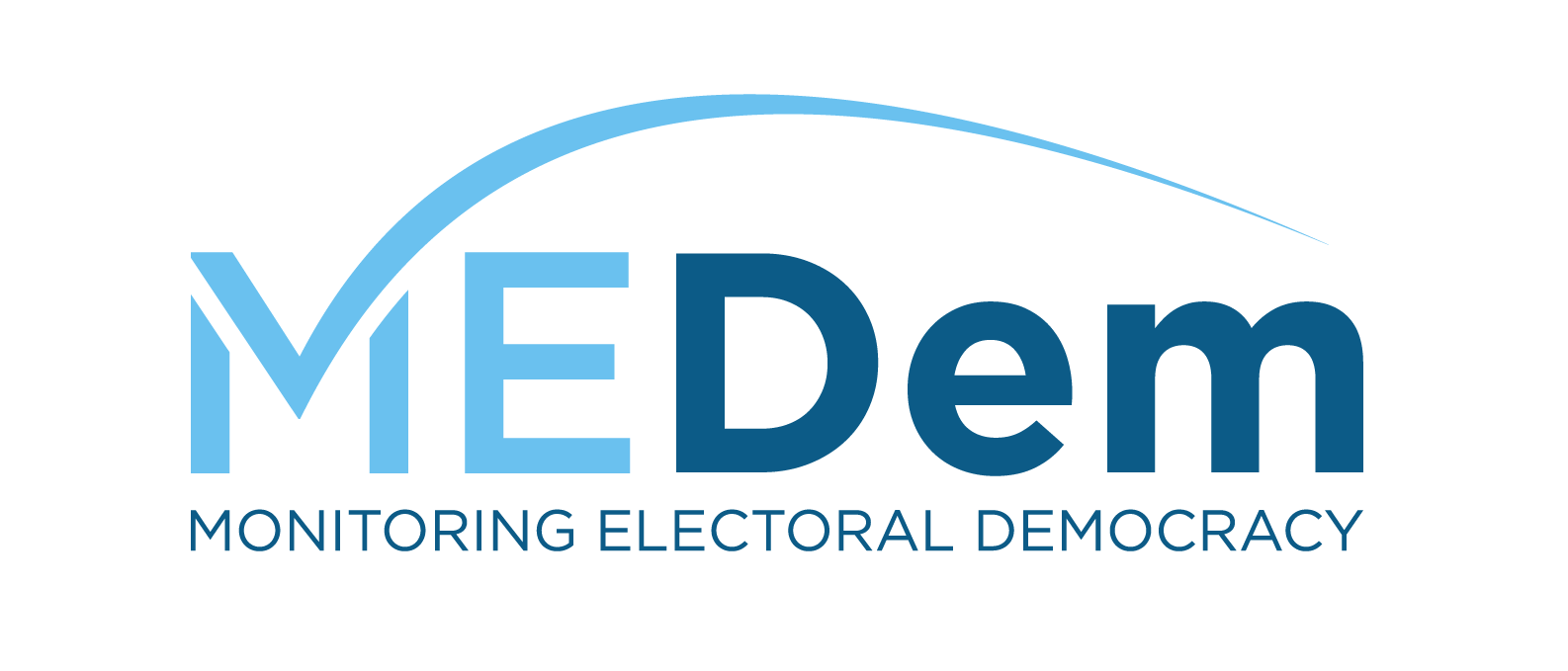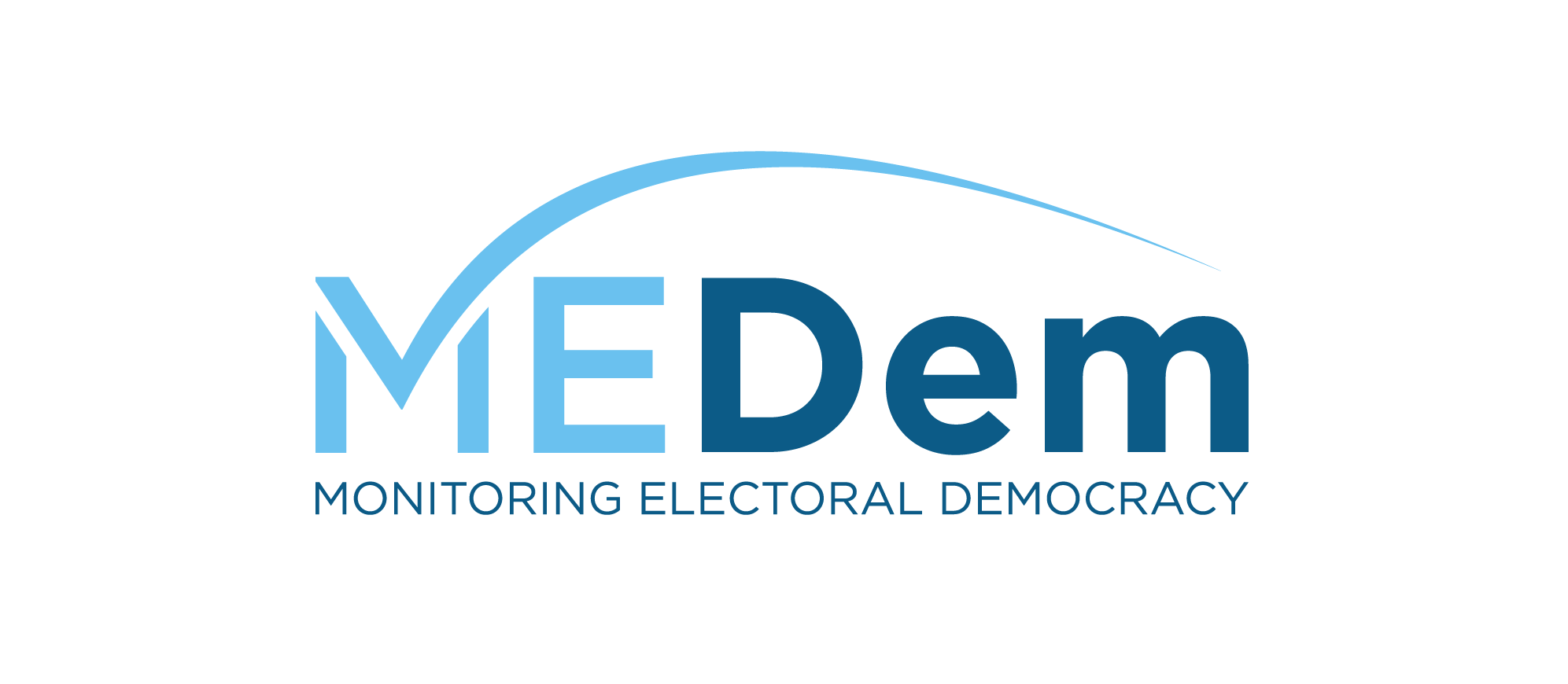MEDem Networks
MEDem Networks
As a European research infrastructure, MEDem connects long-term comparative (inter)national research groups and infrastructures in what we call the MEDem Networks. By that we want to enable comprehensive and highly innovative research on electoral democracies all over Europe.
The collaboration with such leading research groups and infrastructures is key to the work and success of MEDem as they are the ones providing instruments, data operations, datasets, and a unique vision of their field that feeds into the MEDem infrastructure. In following jointly agreed documentation and methodological standards, the MEDem Networks contribute to data harmonization and therefore provide findable, accessible, interoperable, and reusable (FAIR) data for future comprehensive research on electoral democracies. Through MEDem, the MEDem Networks are being provided with a European platform of exchange on existing research, instruments, and tools, opening up innovative ways to collect and analyze data for researchers across Europe and the globe.
The members of the MEDem Networks commit to
- the development of joint standards and joint coordination of their existing data collections together with their existing data collection nodes
- following jointly decided coding and methodological standards to allow for cross-national and cross-project research
- making resulting data freely available for scientific use
- nominating members to the MEDem scientific, ethical, and legal advisory board
- guaranteeing open and transparent procedures for future data collections
- signing an agreement with MEDem that defines rights and duties of both partners
To become part of the MEDem Networks, individuals representing long-term comparative (inter)national data collections, research groups, and infrastructures can apply by sending an email to info@medem.eu.
Members of The MEDem Networks
Campaigning for Strasbourg (CamForS)
Comparative Agendas Project (CAP)
Comparative Legislators Database (CLD)
Comparative Political Data Set (CPDS)
Comparative Study of Electoral Systems (CSES)
Consortium of National Election Studies (CNES)
Digital Election Campaigning Worldwide (DigiWorld)
Comparative Candidates Survey (CCS)
Finnish National Election Study (FNES)
Observatory for Political Texts in European Democracies (OPTED)
Parliamentary Speech dataset (Parlspeech)
Political Data Yearbook interactive (PDYi)
Network of European Political Communication Scholars (NEPOCS)
Representative Democracy Data Archive (REPDEM)

